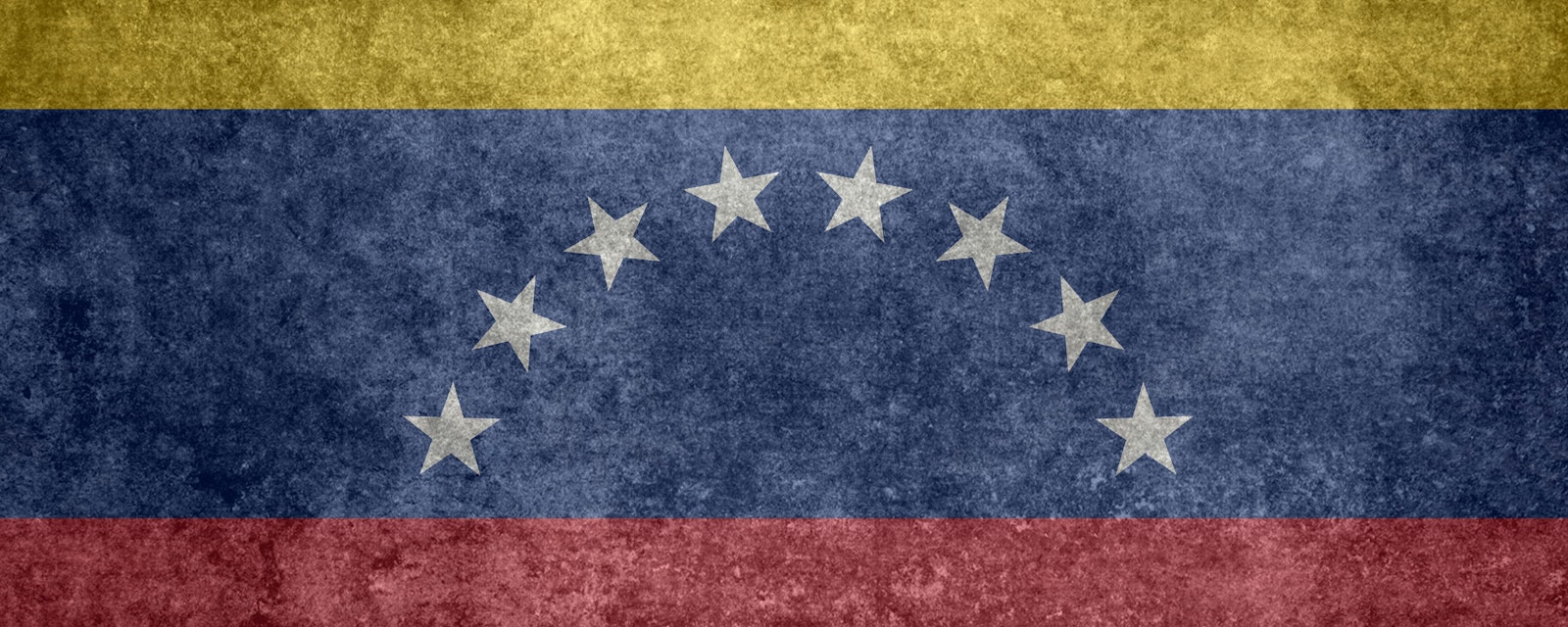The 20 May election was a pyrrhic victory for President Nicolas Maduro because it exposed his lack of popular support. The economic crisis is so severe – and worsening – that Maduro’s position will remain highly precarious. However, there are several factors at play that could help Maduro stay in power, and total regime collapse is not the only potential scenario ahead.
Maduro has blatantly violated democratic norms, and now holds power thanks to fraud at the ballot box. Venezuela is now more diplomatically isolated than ever, and the latest US sanctions announced on 21 May inch up the pressure against the regime. Meanwhile, the hyperinflationary spiral continues apace as prices double every few weeks and oil production plummets to levels not seen since the 1950s. In this context, any government would be vulnerable to collapse.
Moreover, the risks are growing. Hyperinflation and collapsing oil production (1.4mn bpd in April, down 26.5% from a year earlier) are probably the two most destructive forces, but the maelstrom of tightening sanctions, shortages of everything from food to spare parts, power outages, and rampant insecurity all contribute to the crisis. Other than cutting three zeroes off the currency, a re-elected Maduro offers no fixes to any of these problems. It is therefore almost certain that the situation will continue to worsen in the coming months. As a result, regime stability will remain highly precarious.
However, the president has constantly confounded expectations of his political longevity. Regime collapse is not necessarily inevitable, may not be as quick as is speculated, and if it happens, could unfold in different ways with differing outcomes.
Opposition
Whatever the political cost of the election to Chavismo, it has also left the opposition in utter disarray. The Broad Front that semi-replaced the Democratic Unity table (MUD) is invisible and irrelevant. Those opposition figures that remain in Venezuela have ever-diminishing reach. Those in exile risk becoming discredited as their hopes for regime change increasingly hinge on extreme action: an uprising by the armed forces or US military intervention that a majority of Venezuelans and regional neighbors do not endorse. Calls by opposition presidential candidates Henri Falcon and Javier Bertucci for a vote re-run later in the year shows that the fundamental disagreement over electoral boycotts remains alive even after Sunday’s fraud. Maduro’s offer of a dialogue with the opposition is no different from previous negotiations that the regime used to split the opposition and buy time. Any future invitation (perhaps extended to Bertucci) to join some kind of power-sharing arrangement would be made with the same goals in mind.
Social control
The regime can cope with small-scale, uncoordinated protests; the Venezuelan Observatory of Social Conflicts (OCVS), an NGO, reported 927 demonstrations during April, or 31 daily. The past 12 months have seen the consolidation of a new method of maintaining social control via a permanent Cuban-style ‘special period’ of austerity in which the population is kept passive by dependency on food handouts. Meanwhile, discontents will not be stopped from leaving; their departure removes objectors and facilitates their cash remittances back to Venezuela.
Elite unity
Elite divisions remain contained for the moment, not because of any great confidence in Maduro (quite the opposite), but because the elite shares a common purpose: high-ranking regime officials want to preserve their ill-gotten gains and avoid being brought to justice. The best way to do this is to maintain power. As far as there is a long-term vision within the regime, it is to buy time until oil prices recover and the international community recognizes that it must engage with the government. As ever, both aspirations are predicated on the twin (and rose-tinted) notions that recovering oil prices will relieve the beleaguered economy and that international isolation cannot last indefinitely given the size of Venezuela’s oil reserves.
If maintaining power is the goal, then the elite also has the option of jettisoning Maduro for a reboot of Chavismo; the more Maduro himself is cast as responsible for the crisis, the easier it would be to defenestrate the president and set up a ‘transitional’ government that offers guarantees to senior regime officials. The military would clearly be critical to such a scenario.
Military intervention
Cuban counter-intelligence’s ability to smother out plots from within the armed forces has so far held up. However, how long the Cubans can contain threats will be key. Added to the rumors of an attempted uprising earlier this year are unconfirmed reports of an apparent crackdown against some special forces units in the past few days. Note too that a military uprising that succeeds in removing Maduro would not necessarily mark a clean break with this regime, but could well offer a transition away from Madurismo (such as it is) as distinct to Chavismo.
International pressure
International pressure against Maduro has intensified since 20 May. Sanctions barring Venezuelan entities and individuals from the US financial system of course hurt, but do not pose an existential threat to the regime yet. US domestic considerations (the summer driving season and November mid-terms, not to mention the impact on refineries set up to process Venezuelan crude) mean the phased approach to sanctions will continue.




